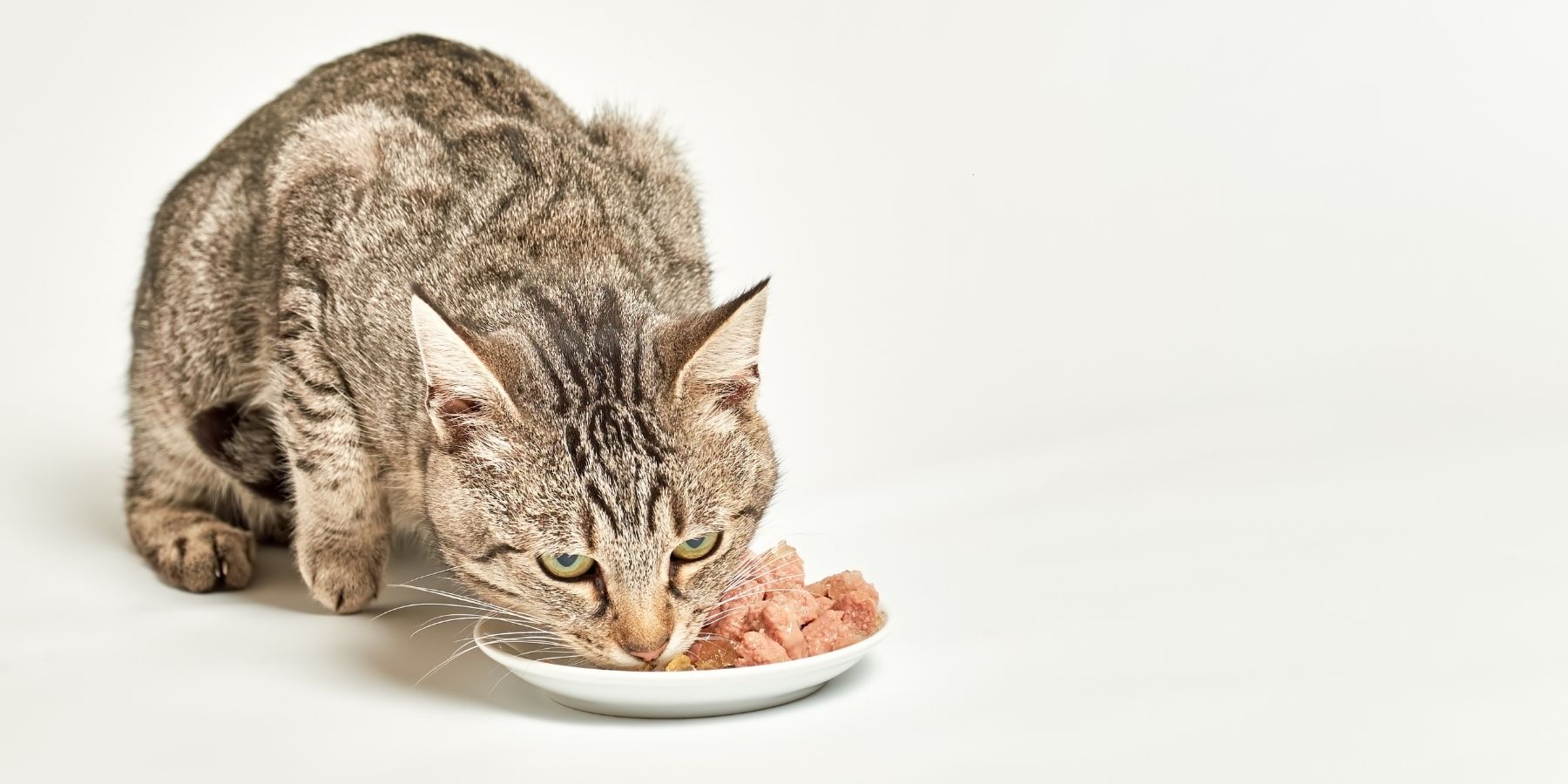If you've noticed your cat looking a bit thinner than usual, or if your vet has advised you to help your cat gain weight, you might be wondering about the best approach to take. Weight gain in cats should be a gradual process, focusing on healthy, nutritious foods.
Here's a guide on what to feed your cat to help them gain weight safely and effectively.
1. High-Calorie Cat Foods
Look for cat foods labeled as 'high-calorie' or 'high-energy.' These foods are formulated to provide more calories, which can help your cat gain weight. They often have a higher fat content, which is a dense source of energy, but ensure that it's balanced with protein and essential nutrients.
2. Kitten Food
Kitten food is not just for kittens. It's packed with nutrients and calories, making it an excellent option for underweight adult cats too. Kitten food is designed to support growth, so it's typically richer in proteins and fats, which can help in weight gain.
3. Canned or Wet Food
Canned or wet cat food is generally more appealing and easier to eat than dry food, which can encourage your cat to eat more. Wet food also has a higher moisture content, which is beneficial for hydration and can be easier on your cat's digestive system.
4. Complement with Dry Food
While wet food can be more appealing, complementing it with dry food can also help in weight gain. Dry food is calorie-dense and can be left out for your cat to graze on throughout the day, providing a constant source of calories.
5. Nutritional Gel or Paste
Nutritional gels or pastes, often available at pet stores or vet clinics, are concentrated sources of vitamins, minerals, and calories. They can be given alongside meals or as a separate treat.
6. Cooked Meats
Adding cooked meats like chicken, turkey, or lean beef to your cat’s diet can provide additional protein and calories. Ensure the meat is cooked without any added seasonings, oils, or sauces.
7. Fish
Including cooked fish such as salmon or tuna in your cat's diet can provide omega-3 fatty acids, which are good for their coat and skin, along with additional calories. Be sure to remove all bones and serve the fish plain.
8. Egg
A cooked egg can be a nutritious addition to your cat's diet. Eggs are high in protein and can provide essential amino acids. Serve the egg boiled or scrambled without any added butter, oil, or seasoning.
9. Cheese
If your cat likes cheese, it can be a good source of protein and fat. However, many cats are lactose intolerant, so start with a small amount to see how they react.
Tips for Encouraging Your Cat to Eat More
Offer Small, Frequent Meals: Feeding your cat small meals more frequently throughout the day can encourage them to eat more.
Warm the Food: Warming up cat food can enhance its aroma and make it more appetizing.
Create a Comfortable Eating Environment: Ensure that the feeding area is quiet, stress-free, and away from the litter box.
Consult Your Veterinarian: Before making significant changes to your cat's diet, it's best to consult with a veterinarian. They can provide personalized advice based on your cat’s specific health needs.
Conclusion
Helping your cat gain weight involves more than just increasing their food intake. It's about providing the right kind of nutrition in a balanced and appealing way.
High-calorie cat foods, kitten food, wet food, and certain human foods like cooked meats and eggs can be beneficial. Remember to introduce any new foods gradually and monitor your cat's health throughout the process. With the right approach, you can help your cat achieve a healthy weight and improved overall well-being.


